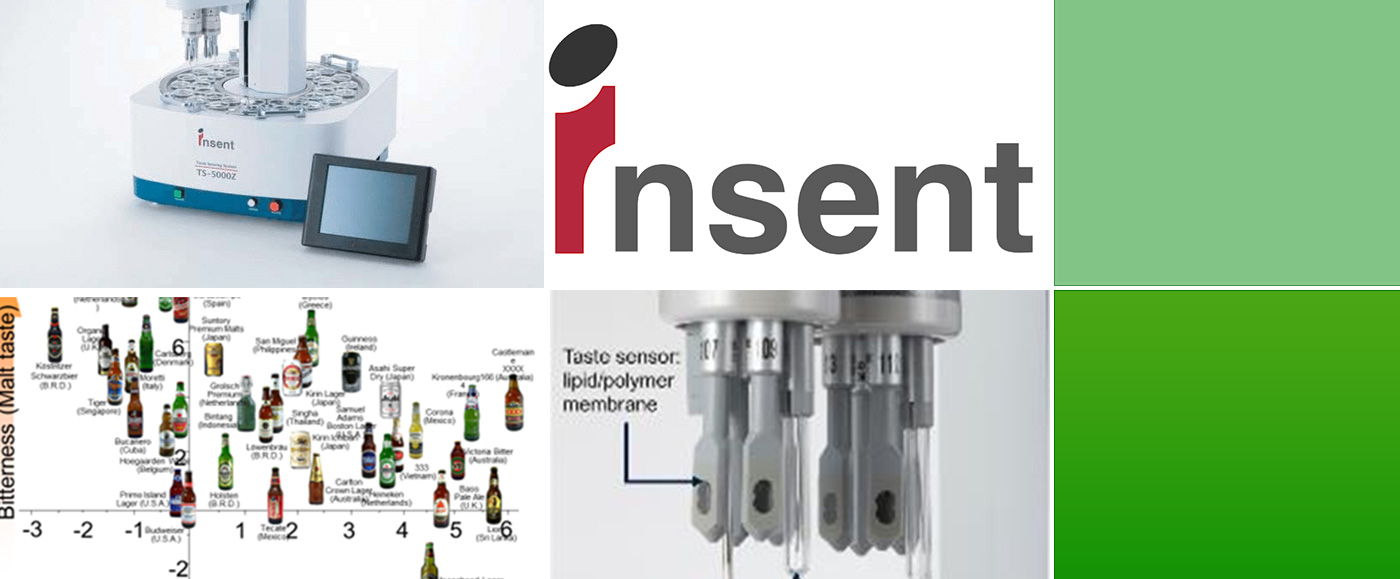
The Quality Control of Food Taste
Quality Control (QC) of the taste of food is an essential aspect of the food industry to ensure that the final product meets the desired taste profile and sensory characteristics. The taste of food is evaluated based on five basic tastes: sweet, sour, bitter, salty, and umami. Additionally, other sensory attributes, such as aroma, texture, and appearance, also contribute to the overall perception of taste.

To maintain consistency and quality in the taste of food products, food companies use a range of techniques, including sensory analysis and instrumental methods. Sensory analysis involves human taste testers who evaluate the taste and sensory characteristics of the food products. These testers are trained to recognize and differentiate between various tastes and sensory attributes and provide feedback on the product’s taste profile. In addition, the novel innovation Taste sensing machine is one of the best choices for the Quality Control (QC) of the taste of food to maintain the consumer satisfaction and ensuring that the final product meets the desired taste profile and sensory attributes.










